

2017-10-03 18:39:00 Tue ET
federal reserve monetary policy treasury dollar employment inflation interest rate exchange rate macrofinance recession systemic risk economic growth central bank fomc greenback forward guidance euro capital global financial cycle credit cycle yield curve
President Trump has nominated Jerome Powell to run the Federal Reserve once Fed Chair Janet Yellen's current term expires in February 2018. Trump's strategic decision is unlikely to disturb the current roaring stock market. Powell will probably maintain monetary policy continuity with a dovish stance of slow and gradual interest rate acceleration. This dovish stance not only extends the gradual interest rate hike, but also accommodates sluggish manufacturing work recovery, low wage growth, and wider diffusion of digital technology usage in America.
The Trump administration targets 3% GDP growth and 2% inflation for household and corporate tax incentives to meet fiscal neutrality. Powell has risen to the challenge of competing with several contenders for the top post of Federal Reserve: Janet Yellen (incumbent), John Taylor (Stanford professor), Gary Cohn (White House chief economist), and Kevin Warsh (former governor). Powell's inclination toward more pervasive financial deregulation is a primary advantage for Trump's calculus. Others warn that the likely imbalance between inflation containment and employment growth may cause distortions in the U.S. economy. In essence, monetary policy continuity trumps contractionary monetary policy normalization under the current Trump administration.
If any of our AYA Analytica financial health memos (FHM), blog posts, ebooks, newsletters, and notifications etc, or any other form of online content curation, involves potential copyright concerns, please feel free to contact us at service@ayafintech.network so that we can remove relevant content in response to any such request within a reasonable time frame.
2023-06-21 12:32:00 Wednesday ET
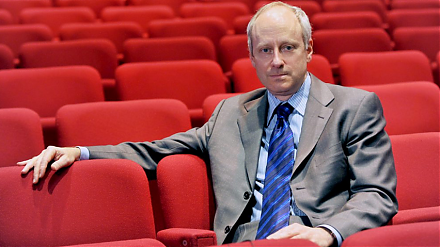
Michael Sandel analyzes what money cannot buy in stark contrast to the free market ideology of capitalism. Michael Sandel (2013) What money
2017-02-13 09:35:00 Monday ET
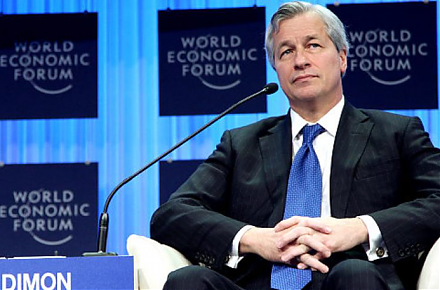
JPMorgan Chase CEO Jamie Dimon says President Trump has now awaken the *animal spirits* in the U.S. stock market. The key phrase, animal spirits, is the
2019-01-19 12:38:00 Saturday ET
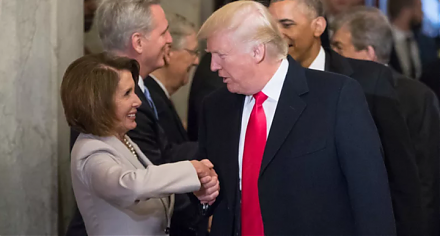
U.S. government shuts down again because House Democrats refuse to spend $5 billion on the border wall that would give President Trump great victory on his
2019-09-15 14:35:00 Sunday ET
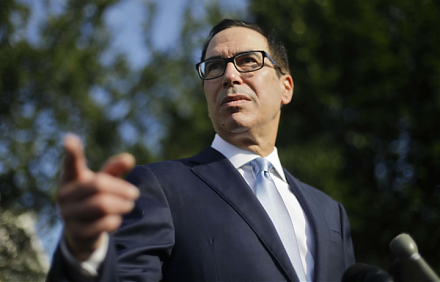
U.S. Treasury officially designates China a key currency manipulator in the broader context of Sino-American trade dispute resolution. The U.S. Treasury cla
2019-06-03 11:31:00 Monday ET
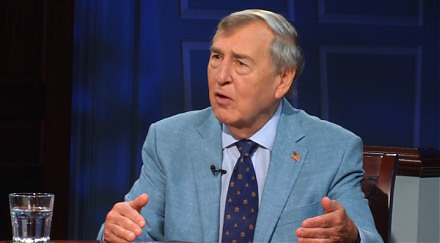
The Sino-U.S. trade war may be the Thucydides trap or a clash of Caucasian and non-Caucasian civilizations. The proverbial Thucydides trap refers to the his
2018-08-07 07:33:00 Tuesday ET
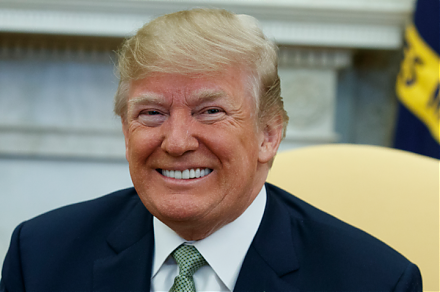
President Trump sounds smart when he comes up with a fresh plan to retire $15 trillion national debt. This plan entails taxing American consumers and produc